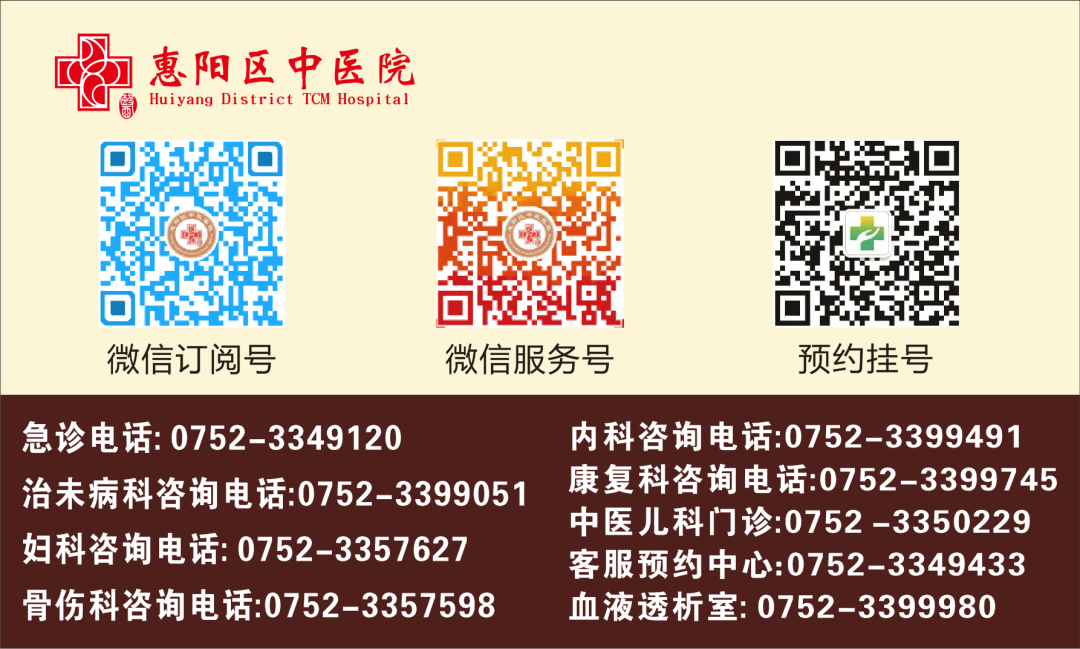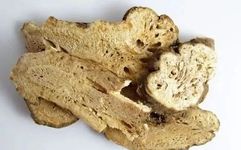

It is often heard that some people complain, “I have eaten dozens of boxes of Ejiao (Donkey-hide Gelatin), but have not seen any effect; I have taken many blood-nourishing health products and Chinese herbs, yet I still have blood deficiency?” Today, I will discuss the important considerations for blood nourishment in Traditional Chinese Medicine (TCM) and commonly used blood-nourishing medicinal dishes.
01
·Strengthen the Spleen and Stomach Before Nourishing Blood
In TCM, the stomach is responsible for receiving and accepting food, while the spleen is responsible for transformation and transportation. The essence of food absorbed by the spleen and stomach is the source of Qi and blood production. Weakness of the spleen and stomach can lead to poor absorption of nutrients from food, resulting in blood deficiency syndrome. Additionally, if the spleen and stomach cannot accept blood-nourishing products, the effect of blood nourishment will be poor. Therefore, it is essential to strengthen the spleen and stomach first, ensuring that the blood production machinery is well-maintained.
Herbs that strengthen the spleen include Bai Zhu (White Atractylodes), Shan Yao (Chinese Yam), Qian Shi (Fox Nut), Da Zao (Jujube), and Chen Pi (Dried Tangerine Peel). Herbs that strengthen the stomach include Shen Qu (Medicated Leaven), Mai Ya (Barley Sprout), Gu Ya (Rice Sprout), Ji Nei Jin (Chicken Gizzard Lining), and Ji Shi Teng (Chicken’s Foot Vine).
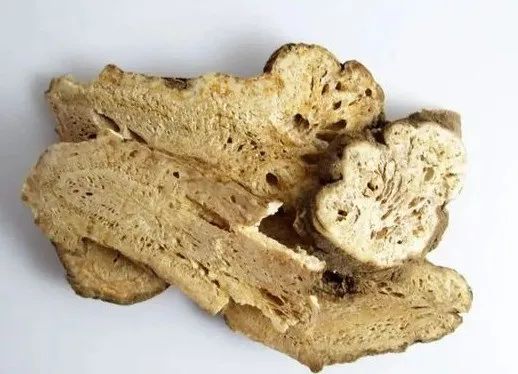
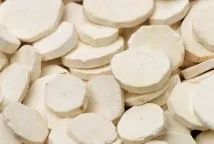
Examples of Medicinal Dishes:
Shan Yao Congee, Bai Zhu (White Atractylodes) Pig Stomach Congee, Dang Shen (Codonopsis) and Shan Yao (Chinese Yam) Pig Pancreas Soup, Chen Pi (Dried Tangerine Peel) Beef, Dang Shen (Codonopsis) Stewed Potatoes.
02
·Nourish Blood While Nourishing Qi
Qi is the commander of blood; it can generate, circulate, and retain blood. According to TCM theory, Qi is the material for the transformation of blood. Therefore, abundant Qi leads to sufficient blood, while Qi deficiency results in less blood. When treating blood deficiency, it is important to combine Qi-nourishing herbs, as nourishing Qi is essential for generating blood.Blood-nourishing prescriptions or medicinal dishes should also consider Qi nourishment, ensuring that the blood production machinery is fully fueled.
Qi-nourishing herbs include Huang Qi (Astragalus), Dang Shen (Codonopsis), Tai Zi Shen (Pseudostellaria), Wu Zhi Mu (Five-fingered Peach), and Ren Shen (Ginseng).
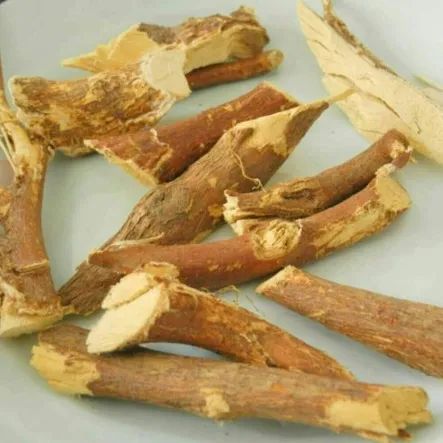
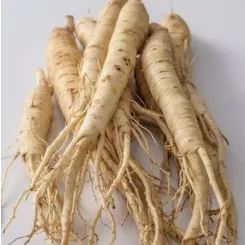
Examples of Medicinal Dishes:
Gui Pi (Restore the Spleen) Black Chicken Soup, Ren Shen (Ginseng) and Da Zao (Jujube) Chicken Soup, Huang Qi (Astragalus) Chicken Broth Congee, Dang Shen (Codonopsis) and Fu Ling (Poria) Chicken Soup.
03
·Nourish Blood While Nourishing the Kidneys
The kidneys are the foundation of congenital essence, nourishing marrow and blood. Essence and blood can transform into each other; blood can fill essence, and essence can generate blood. The foundation of blood lies in the kidneys, and its source is in the spleen. Therefore, it is essential to ensure that the blood production machinery is well-oiled.
Herbs that nourish the kidneys and benefit essence and blood include Shu Di Huang (Rehmannia), Sang Shen (Mulberry), Hei Zhi Ma (Black Sesame), Huang Jing (Polygonatum), Gui Jiao (Tortoise Shell), Rou Cong Rong (Cistanche), and Suo Yang (Cynomorium).
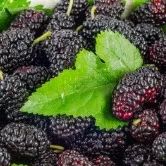
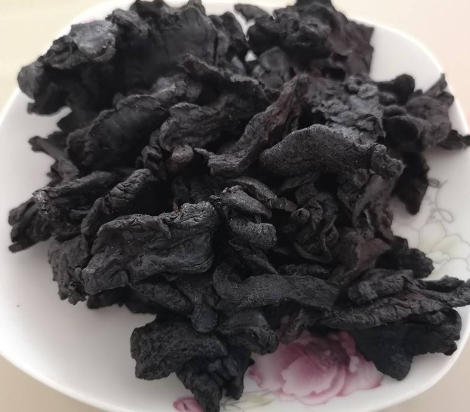
Examples of Medicinal Dishes:
Shou Wu (Fo-Ti) and Huang Jing (Polygonatum) Pig Liver Soup, Tu Si Zi (Cuscuta) and Cong Rong (Cistanche) Drink, Da Zao (Jujube) and Shou Wu (Fo-Ti) Sesame Congee, Lu Rong (Deer Antler) Soup.
04
·Diversify Blood-Nourishing Herbs
In addition to Ejiao (Donkey-hide Gelatin), other herbs with blood-nourishing functions include Dang Gui (Angelica), He Shou Wu (Fo-Ti), Long Yan Rou (Longan), Bai Shao (White Peony), and Ji Xue Teng (Spatholobus). Relying solely on Ejiao for blood nourishment may be insufficient; it is advisable to adopt a multi-faceted approach based on individual conditions.
It is worth mentioning that Western medicine’s anemia is not equivalent to TCM’s blood deficiency syndrome, which also differentiates between Yin and Yang. Therefore, whether supplementation is necessary and how to supplement should be guided by a professional TCM practitioner through observation, inquiry, and diagnosis.
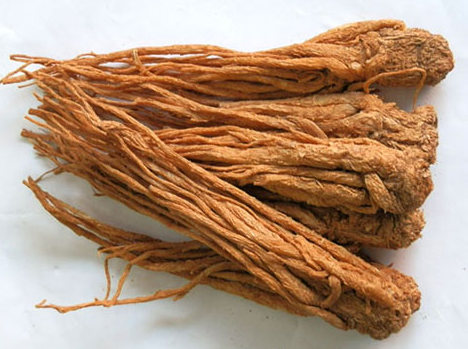
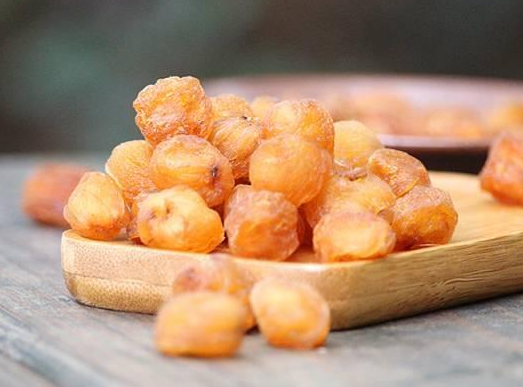
Examples of Medicinal Dishes:
Ejiao (Donkey-hide Gelatin) and Goji Berry Stewed Soft-shelled Turtle, Ji Xue Teng (Spatholobus) and Red Date Congee, Dang Gui (Angelica) and Long Yan (Longan) Lean Meat Soup, Dang Gui (Angelica) and Cuttlefish Soup, Huang Qi (Astragalus) and Dang Gui (Angelica) Stewed Egg, Sweet Wine Cooked Ejiao (Donkey-hide Gelatin).
Finally, do not forget the main character, “daily diet.” Many women eat the least food to maintain their figure while consuming the most expensive blood-nourishing products to beautify themselves, which is counterproductive. To illustrate, the human body has a blood production machine; blood-nourishing products are merely the fuel and lubricant to help the machine operate, while food is the raw material for blood production. Therefore, to maintain good Qi and blood, a balanced diet is the most important.
Source: Lingnan TCM Culture
